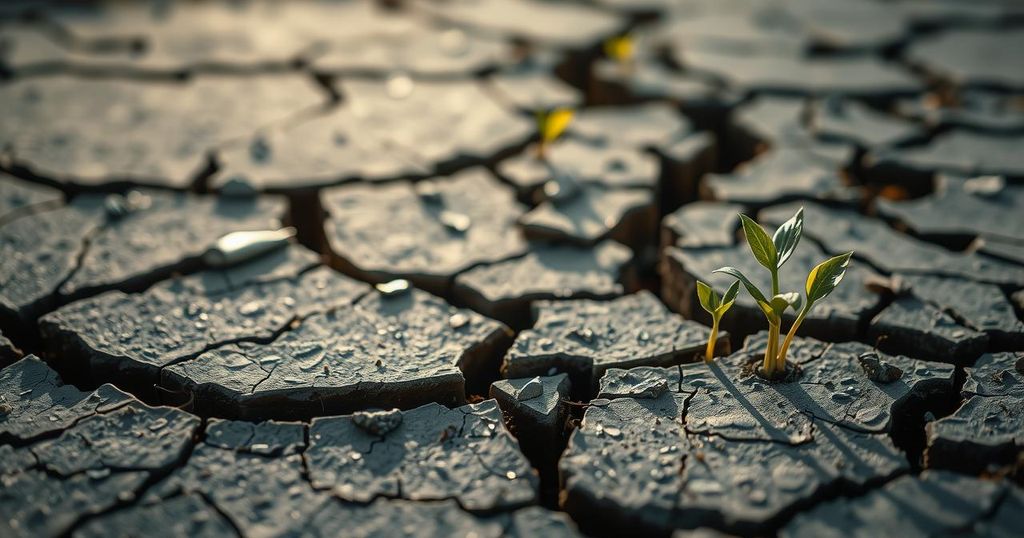Fear and Trauma Resurface in Morocco After New Earthquake

A recent 5.2-magnitude earthquake struck northern Morocco, causing widespread panic reminiscent of the 2023 Atlas quake that killed nearly 3,000 people. Residents reported fear and trauma triggered by the new tremor, despite no casualties or significant damage reported. Experts emphasize the need for psychological support as many individuals deal with PTSD from prior events.
On Monday, a 5.2-magnitude earthquake shook northern Morocco shortly before midnight, sending panic as far as Rabat. This tremor evoked memories of the devastating 2023 Atlas earthquake, which had a profound psychological impact on many residents. The epicenter was located in the commune of Brikcha, within Ouazzane province, a region known for its mountainous terrain that is less rugged than the Atlas Mountains.
Aicha Khayi, a resident of Brikcha, expressed her fear, recalling the loss of distant relatives in the catastrophic September earthquake. “I was almost asleep when I felt the ground shaking beneath me. I ran outside and tried to wake up my neighbors,” she stated. The population of Brikcha is approximately 9,400, residing in a rural area with better road access than the isolated villages in the Atlas region.
According to Nasser Jabour, head of the National Institute of Geophysics, the risk of severe destruction from this quake was minimal. “There won’t be destruction like in Al-Haouz. Some old buildings have developed cracks, but nothing major,” he remarked. Local authorities indicated that no casualties or significant damage were reported after the earthquake, allowing residents to feel somewhat at ease.
Despite initial reports of safety, the tremors prompted an overwhelming wave of fear, causing residents from Tangier to Rabat to evacuate their homes. Mohamed El-Wardi, a Kenitra resident, reflected on the anxiety surrounding the event: “Last time, we didn’t know anything until morning. I lost relatives in the Al-Haouz earthquake. Thank God for everything, but we can’t handle more loss and trauma.” This pervasive fear kept many Moroccans awake, their minds haunted by the memories of devastation from previous quakes.
Souhail Abounaim, from Psychologues Maghreb, noted that the trauma from past earthquakes exacerbated the distress caused by Monday’s tremor. “The fear and distress after yesterday’s earthquake are linked to many Moroccans’ past experiences with the Al-Haouz disaster,” he explained. The psychological scars from the 2023 disaster, which claimed nearly 3,000 lives, linger as many citizens remain in immediate need of support and reassurance.
Abounaim expressed concern over the state’s lack of psychological assistance available to survivors, highlighting the pervasive issue of PTSD. “We are still working with other activists in the quake-struck areas to help people. There’s effort – but this is a long-term process that requires a lot of resources,” he stated. The need for sustained support, both emotional and physical, is essential for the recovery of those affected by these traumatic events.
The recent earthquake in Morocco has reignited fears among residents still suffering from the psychological impact of previous seismic disasters. Although there was no significant destruction reported, the community’s trauma demonstrates the enduring effects of past tragedies. Psychologists call for increased support for those afflicted with PTSD, emphasizing the importance of long-term recovery efforts and resources.
Original Source: www.newarab.com







